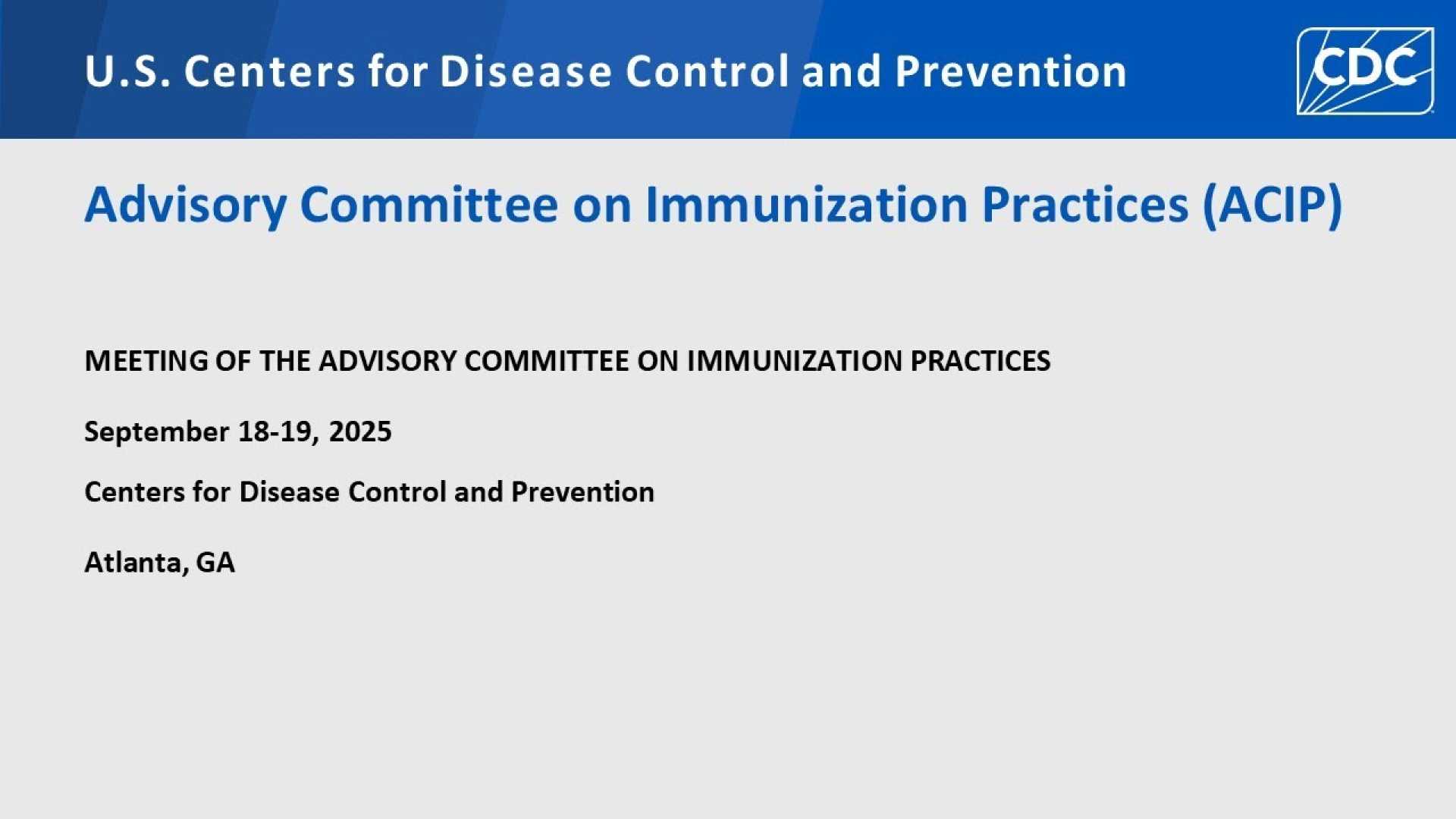Health
CDC Officials Debate New COVID Vaccine Access Rules

ATLANTA, Ga. — A panel of vaccine advisers to the federal government debated new COVID-19 vaccine access rules at a chaotic meeting on September 18, 2025. The Advisory Committee on Immunization Practices (ACIP) discussed changes that could significantly alter how people access COVID-19 vaccinations.
During the meeting, the committee voted on a proposal to require prescriptions for adults seeking a COVID-19 vaccine. This controversial measure did not pass, ending in a tie vote that ACIP chairman Martin Kulldorff broke with a no vote. Ultimately, the panel decided to recommend vaccination for adults aged 65 and older and younger individuals through what they termed ‘shared decision-making.’ This means patients should consult with healthcare providers regarding the risks and benefits associated with the shot.
Previously, vaccines were more readily available, with people able to access them easily at pharmacies or doctors’ offices. Dr. Kates, a global health expert, noted that this new recommendation signifies a shift away from routine vaccination access. It emphasizes a more selective approach, which could limit vaccine availability for younger individuals.
The ACIP’s recommendations also included adding information about potential risks and uncertainties surrounding COVID-19 vaccine effectiveness to the accompanying informational materials. The meeting highlighted the politicized environment under Health Secretary Robert F. Kennedy Jr.’s leadership, which has raised concerns among health experts.
Dr. Joseph Hibbeln, a member of the committee, expressed fears that requiring prescriptions for vaccines could overwhelm healthcare providers and create access issues, particularly for those without primary care. He noted that many Americans do not have easy access to healthcare providers. Other committee members echoed similar concerns, fearing it could escalate barriers to vaccination.
Kennedy has appointed many new committee members who have been critical of vaccines in the past. This has raised skepticism regarding the ACIP’s recent votes and recommendations. The gathering was marked by confusion, technical difficulties, and disagreements among members, significantly impacting decision-making processes.
Experts who attended the meeting criticized the panel for sidelining expert input and making evidence-based decisions. Dr. Sandra Fryhofer from the American Medical Association stated that the integrity of the committee is diminishing and emphasized the need for clear, evidence-based guidance.
As the debate over the new recommendations continues, health providers and advocacy groups are urging that vaccine access for those who wish to be vaccinated should not be restricted.
The CDC is expected to adopt these recommendations, but final approval will come from acting CDC director Jim O’Neill, who has been appointed by Kennedy.












